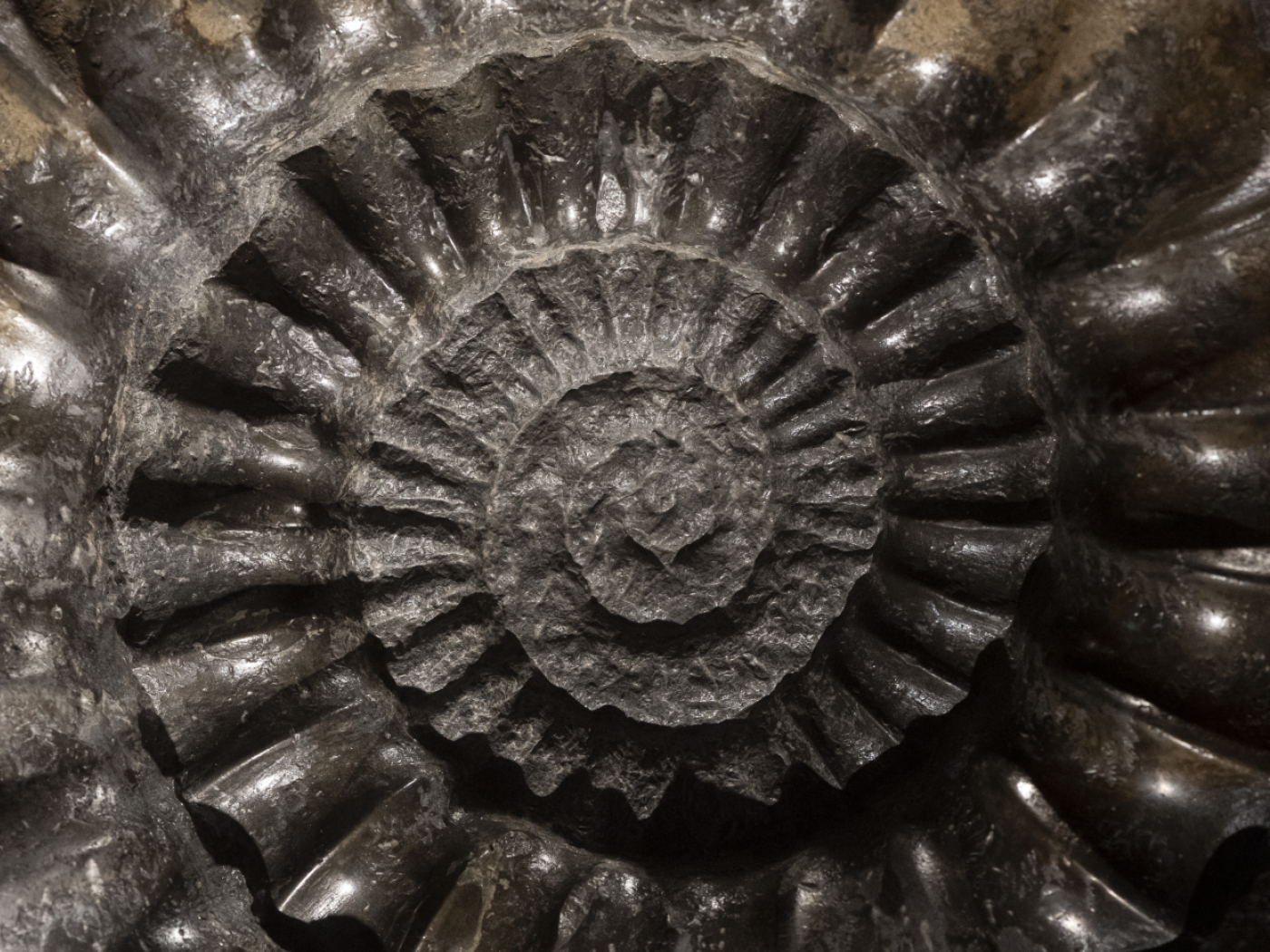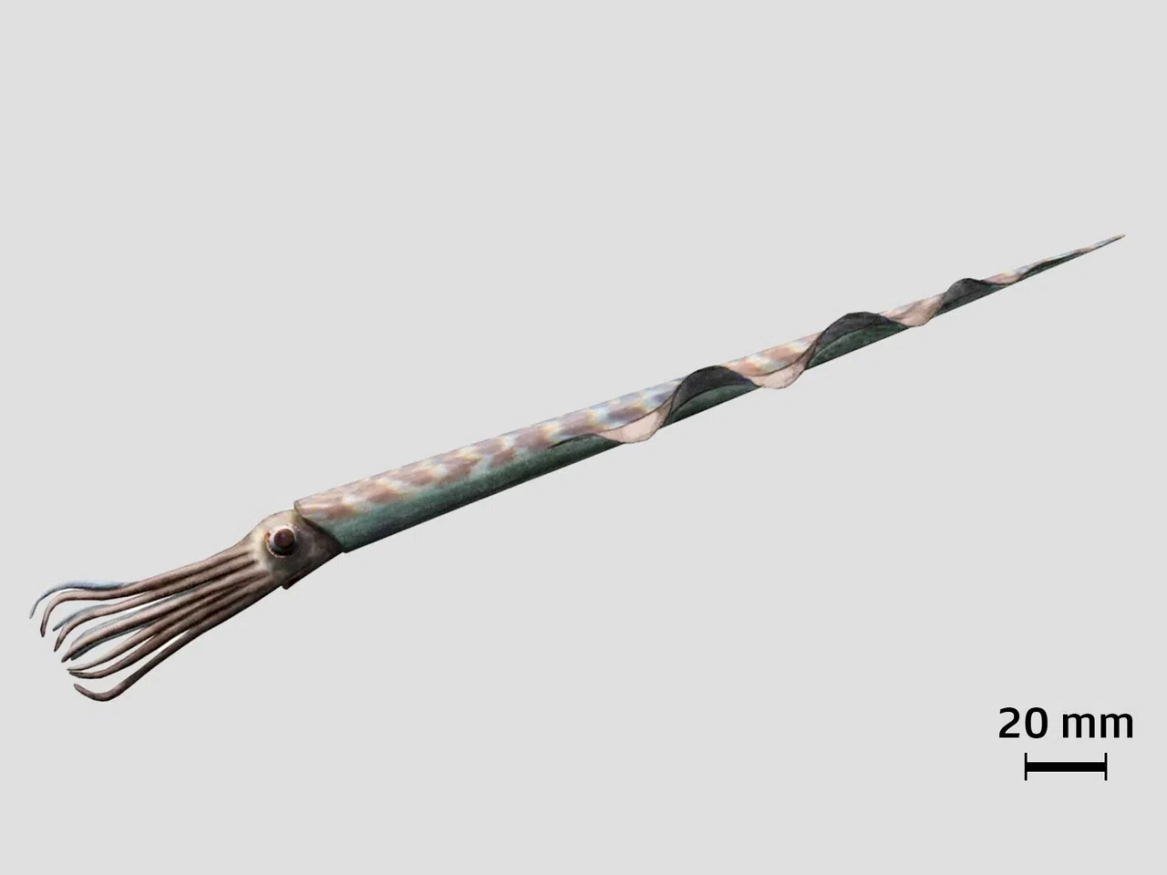
Swiss researchers uncover why some animals become fossils and others disappear

The decisive factor is the body of the animals themselves, the research team shows in a new study.
The size and chemical composition of an animal can significantly influence whether it will be preserved as a fossil for millions of years, as the University of Lausanne (Unil) announced on Thursday.
+Get the most important news from Switzerland in your inbox
According to the study published in the scientific journal Nature Communications, larger and protein-rich animals have a significantly higher chance of becoming fossils. Large arthropods – animals with jointed legs such as insects, crabs or spiders – are therefore more likely to be fossilised than smaller, simply built animals such as certain flatworms or other worms that live in water.
“It is therefore quite possible that some organisms could never be preserved in fossil form and that we will therefore never be able to observe them at all or only with great difficulty,” explained Nora Corthésy, lead author of the study.
Decomposition in the laboratory
Fossils are much more than just bones, the researchers emphasised. Some of the most impressive finds contained the remains of soft tissue such as muscles, intestines or even brains. However, why only some animals or organs are so well preserved has been a mystery until now.

More
Chuchichäschtli: squid species named after tricky Swiss-German word
To get to the bottom of this mystery, the research team had various animals, including shrimps, snails, starfish and worms, decomposed in the laboratory in a controlled manner. They analysed how the chemical environment of the animals changed during the decomposition process. It was found that larger and protein-rich animals produce a low-oxygen environment more quickly. These conditions inhibit decomposition and promote processes that are important for fossilisation.
Adapted from German by DeepL/ac
How we work
We select the most relevant news for an international audience and use automatic translation tools such as DeepL to translate them into English. A journalist then briefly reviews the translation for clarity and accuracy before publication. Providing you with automatically translated news gives us the time to write more in-depth articles. The news stories we select have been written and carefully fact-checked by an external editorial team from news agencies such as Bloomberg or Keystone.
Did you find this explanation helpful? Please fill out the short survey below to help us understand your needs.

In compliance with the JTI standards
More: SWI swissinfo.ch certified by the Journalism Trust Initiative































You can find an overview of ongoing debates with our journalists here . Please join us!
If you want to start a conversation about a topic raised in this article or want to report factual errors, email us at english@swissinfo.ch.